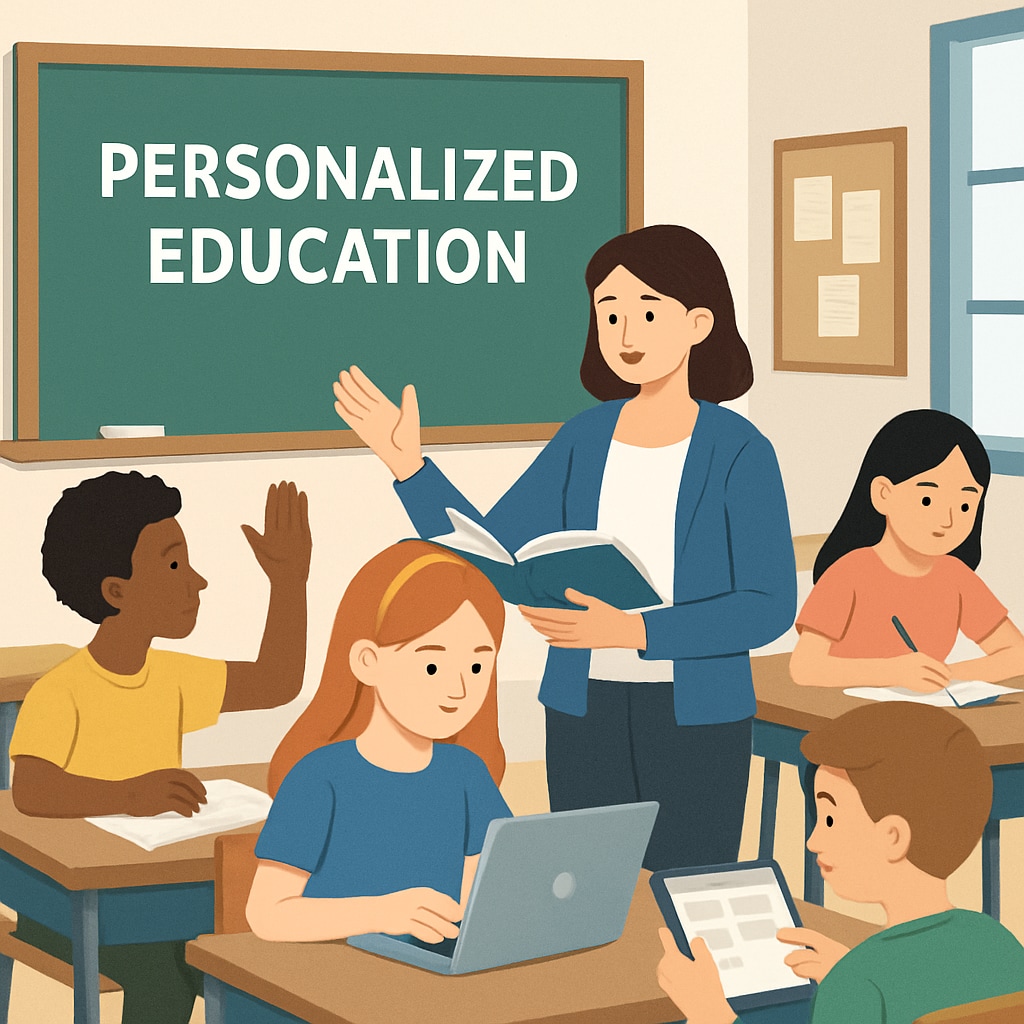Successfully transitioning from K12 to college and ensuring academic completion requires institutions to foster specific traits that support students. These traits, encompassing structured guidance, personalized learning, and robust support systems, form the foundation of lifelong learning. By examining the characteristics of successful education institutions, we can understand how foundational education prepares students for the challenges of higher education while promoting their overall development.

Structured Guidance: Preparing Students for College Challenges
One of the most vital traits of institutions supporting academic success is structured guidance. Students transitioning from K12 often face challenges in adapting to the independence of college life. To bridge this gap, institutions must provide clear academic pathways, mentorship programs, and career counseling tailored to individual needs. For example, high schools that offer college preparatory courses or dual-enrollment programs can equip students with the skills necessary for higher education.
Additionally, universities that provide orientation sessions and academic advisors create a seamless transition for incoming students. These resources not only help students set academic goals but also build confidence in navigating complex college environments.

Personalized Learning: Addressing Diverse Educational Needs
Personalized learning is another essential characteristic of institutions that support academic success. Every student has unique needs and learning styles, and addressing these differences is critical for fostering engagement and achievement. For example, institutions adopting technology-driven learning platforms or individualized lesson plans can better cater to diverse student populations.
In K12 settings, personalized learning often manifests as differentiated instruction, where teachers adapt their teaching strategies based on students’ abilities. In higher education, this concept evolves into flexible course structures and online learning opportunities, allowing students to balance education with other life responsibilities.
Robust Support Systems: Ensuring Holistic Development
Support systems play a crucial role in academic success, particularly for students who may face social or emotional challenges during their educational journey. Institutions that provide counseling services, peer mentoring, and extracurricular activities foster holistic development and build resilience among students.
For K12 students, programs promoting mental health awareness and anti-bullying initiatives create a safe learning environment. Higher education institutions often extend this support with dedicated student wellness centers and inclusive campus programs, ensuring every student feels valued and empowered.
Conclusion: The transition from K12 to college is a pivotal moment in a student’s life, requiring institutions to exhibit traits that support academic success and personal growth. By prioritizing structured guidance, personalized learning, and robust support systems, education institutions can provide students with the tools they need to thrive in higher education and beyond.


